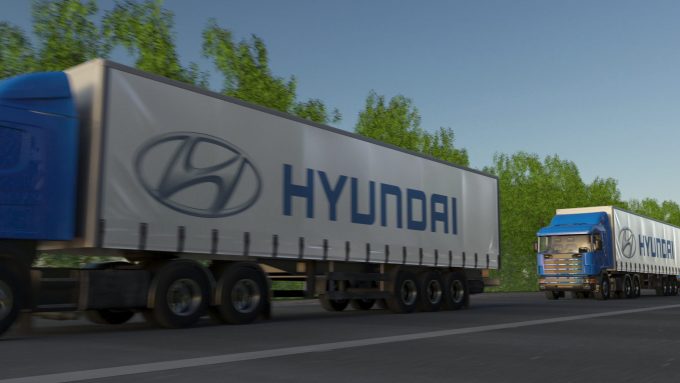Lines adopt 'wait-and-see' pose in Korea as truck strike negotiations fail
Police in Busan, home to South Korea’s main container port, have begun escorting truckers through ...

Twenty-three thousand unionised self-employed South Korean truck drivers began a three-day strike today to demand better working conditions.
The truckers, whose 22,000 vehicles represent about 5% of the country’s freight vehicles, are members of Cargo Truckers Solidarity (CTS), under the Korean Confederation of Trade Unions’ umbrella.
Demonstrations were held in South Korea’s main container port, Busan, as well as container depots and industrial complexes throughout the country. Another group demonstrated outside the Sejong government complex in Seoul.
The truckers want the “Safe Trucking ...
Comment on this article